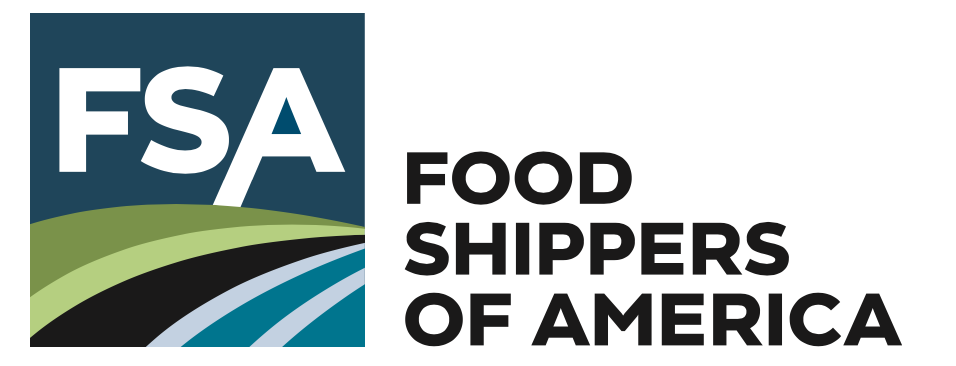Are Food Companies Generally Prepared to Comply with Traceability Rule?
by Staff, on Apr 22, 2024 11:49:07 AM
 Food companies trace their food inputs back to where they came from in their food chains. Those that produce a large supply of products oftentimes already maintain good records of what they produce. Many believe the part of the supply chain with the greatest need for improvement: distribution centers.
Food companies trace their food inputs back to where they came from in their food chains. Those that produce a large supply of products oftentimes already maintain good records of what they produce. Many believe the part of the supply chain with the greatest need for improvement: distribution centers.
Through the new rule, the agency wants to access “receiving records” from food chain players that verify foods have been received.
Section 204 of the FDA Food Safety Modernization Act (FSMA) requires the FDA to designate foods for which additional recordkeeping requirements are appropriate and necessary to protect public health, according to the U.S. Food & Drug Administration. Additional recordkeeping requirements are outlined in the Food Traceability Final Rule and are intended to allow for faster identification and rapid removal of potentially contaminated food from the market, resulting in fewer foodborne illnesses and/or deaths.
The Food Traceability List (FTL) identifies the foods for which the additional traceability records are required. The additional recordkeeping requirements apply to the foods specifically listed on the FTL, and to foods that contain listed foods as ingredients, provided that the listed food that is used as an ingredient remains in the same form (e.g., fresh) in which it appears on the list.
Emphasis on Food Safety: How Did It Start, Where Is It Going?
After the 9/11 attacks, the Public Health Security and Bioterrorism Preparedness Response Act passed in 2002 to improve food safety in the United States, according to industry observers. The legislation required food manufacturers, retailers and distributors to trace their food inputs back to where they came from in the overall supply chain. Some say this rule didn’t go far enough to adequately prevent foodborne illness, with gaps the new FSMA measure is focused on closing.
When outbreaks have occurred, such as when salmonella was detected in lettuce in 2021, there was a significant amount of blame within the food industry about who holds responsibility. And many agree that most of the time, food companies producing a large supply of products are already keeping good records of what they produce. However, the part of the food chain with the greatest need for improvement: distribution centers. Many food companies are focusing efforts in this area of their supply chains.
While the federal government mandate making it easier to identify contaminated food will go into effect by 2026, there are questions about the preparedness of food companies to comply. With the deadline approaching, a former FDA official has indicated that, in general, compliance among food companies is far from where it needs to be.
 Frank Yiannas, the former deputy commissioner for food policy at the FDA from 2018 to 2023, helped draft the portion of the Food Safety Modernization Act that requires the agency to track food products to prevent contamination and foodborne illnesses. However, in a recent LinkedIn post Yiannas gave a shout-out to a major food retailer whose commitment to food traceability and transparency is commendable:
Frank Yiannas, the former deputy commissioner for food policy at the FDA from 2018 to 2023, helped draft the portion of the Food Safety Modernization Act that requires the agency to track food products to prevent contamination and foodborne illnesses. However, in a recent LinkedIn post Yiannas gave a shout-out to a major food retailer whose commitment to food traceability and transparency is commendable:
“Kroger, one of the nation’s largest food retailers with 2,750 grocery stores across the country, recently announced plans to comply with FDA’s Food Traceability Rule,” he said. He lists major take aways:
- [Kroger will] leverage GS1 standards to comply with required CTEs & KDEs
- They’re going to require traceability for all foods - not just the ones on FDA’s food traceability list
- They’re aiming for a compliance date of June 2025, much earlier than FDA’s compliance date of Jan 2026.
Food Shippers: Are YOU ready to comply with the Traceability Rule?
Related Links:
- Chipotle: The Journey of RFID Food Tracability
- Building Supply Chain Resiliency (and Fixing Top Challenges)
- PLM TrustLink™ Solution Increases Profit Margins and Food Safety
- Nestle: Food Chain Snapshot
- Hormel Foods: Food Chain Snapshot
Like this kind of content? Subscribe to our "Food For Thought" eNewsletter!
Now more than ever, professionals consume info on the go. Distributed twice monthly, our "Food For Thought" e-newsletter allows readers to stay informed about timely and relevant industry topics and FSA news whether they're in the office or on the road. Topics range from capacity, rates and supply chain disruption to multimodal transportation strategy, leveraging technology, and talent management and retention. Learn More



